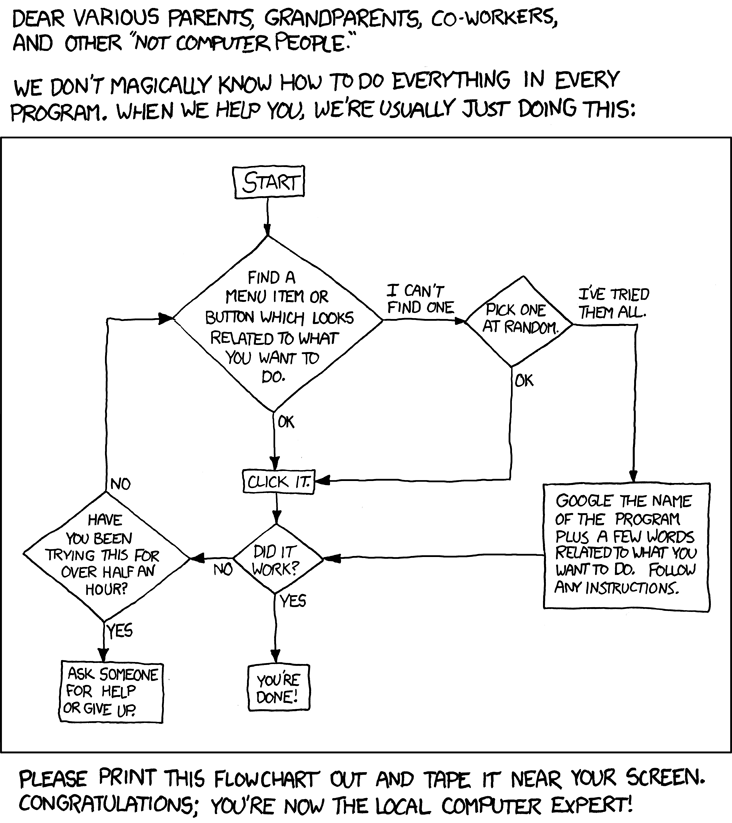This isn't a rehash of the same things I've been saying for quite a while, it seems, it is a clarification of why I am saying them.
Certain people might say "You're saying them because you like to be controversial, annoying and contrary!", and they would be right. But that's not the entirety of my reasons.
The original hatred stems from use. I used Ubuntu for quite a while, under the guise of Linux Mint, and it worked fairly well. The packages were about as recent as the Pre-Cambrian era, but at that point it really wasn't an issue. I then moved to Arch, because largely, I was bored and wanted to try something new. My skills with Linux grew exponentially during my use of Arch, and I went from nearly no knowledge of the internals to what I would call a fair knowledge of the internals. I can't hack the kernel yet, unfortunately. Lack of C experience.
What did happen though, is when I went back to Ubuntu, the experience was frustration. While Arch made you work all the time, and Ubuntu didn't, when you did want to work Ubuntu got in the way. It is nowhere near as compliant as Arch, and gnome doesn't help. XFCE helps a bit, but my the package manager is the same. And oh, how I hate apt. Why? Because it doesn't have a "force" option. In pacman, I could delete the kernel for all it cared. Why is this important? Let me refer you to a more experienced man:
"UNIX was not designed to stop its users from doing stupid things, as that would also stop them from doing clever things." - Doug Gwyn
The reason the "force" option is important in a package manager is because sometimes there are package conflicts that the package manager cannot sort out, so you need to yank out one dependency and install a replacement, or install the conflicting package first and then the dependency, etc... The inability to do so is infuriating. The obsolescence of packages wasn't great, either.
And then came the time I tried to run Xubuntu off a USB stick. It was slow as all hell. Arch Linux? As fast as normal.
After the noncompliance and the slowness of Ubuntu made me leave it for Arch, and occasionally along the road, Gentoo, I started to grow in a more philosophical way in all aspects. Then I looked at computing.
What did I realize?
Ubuntu, OS X, Windows and all those kind of purported "user-friendly" operating systems actually make computer user
harder for the average person. "What?", you might say, akin to my mate Crazy2be, "That doesn't make any sense.". It does, actually. It does because it makes it so the average user requires no skills, and thus develops no skills, in using an operating system. I understand using a stable, supported and easy to use system in a business environment, but in that case you're probably using AS/400 and Windows XP, so the point is moot.
I suppose there is an argument that people should be able to choose. Sure, you annoying libertarian, but then you can choose with Arch Linux. The choice comes down to "pacman -Sy kde" or "pacman -Sy gnome". If you're not sane, that is. The real answer is "hg http://hg.suckless.org/dwm"
So what I'm saying is basically I hate ubuntu because I hate using it, and it is a symbol of what I consider the unskilled corruption of a hobby OS. I'm also telling the average computer user "Go and install Arch Linux so you can learn some skill. For your sake as much as mine."
With your help, we can eliminate things such as this from being needed to be hung up:









 For my 'Try It For A Week' I chose
For my 'Try It For A Week' I chose 







